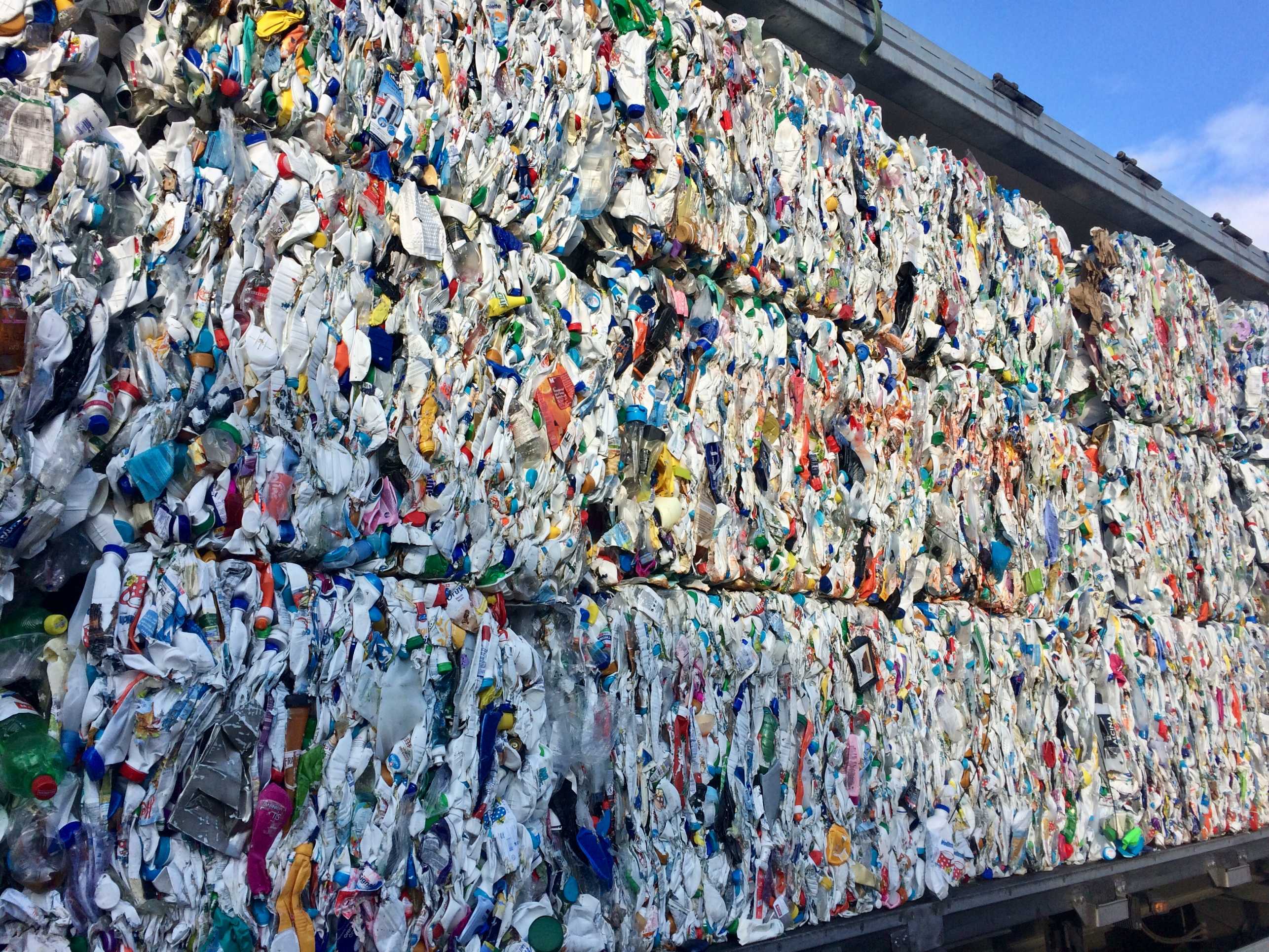Research

Solutions to Global Challenges
The IfU focuses its research on three global challenges, the "Grand Challenges". The goal is to make significant contributions to knowledge and to find solutions to pressing issues such as environmental and climate change. In this way, the IfU aims to enable politics, business and society to make fact-based decisions. Several chairs of the IfU work on each challenge. These three areas contribute to the research strategy of D-BAUG and ETH Zurich.
Global Challenge 1
In this area, the IfU conducts interdisciplinary research on topics such as hydrology, water management, aquatic ecosystems, remote sensing and system modelling.
This is traditionally one of IfU’s strongest research areas, and will continue to play a major role in the future. Topics range from advancing the understanding of hydrologic processes and their interaction with ecosystems, to water resources management, to understanding the role of microorganisms in aquatic ecosystems, to the provision of water and wastewater services in urban areas, to using new sensing methods and technologies. We are developing methods for integrated Earth System modelling and uncertainty propagation that are mechanistic (physically based) and rooted in stochastic analysis methods, but can also account for anthropic controls. Common research foci are:
- Water use and reuse at different scales (household-urban-catchment), increasing water efficiency for sanitation, food and energy production while protecting environmental health.
- Integrated river basin analysis for assessing the impact of increasing anthropic pressure (climate and land use changes, population rise) on terrestrial and aquatic ecosystems, aiming to understand the dynamics of ecohydrologic and ecohydraulic processes, to maintain water quality, to provide solutions to resolve conflicts of water use, and to tackle the challenge of monitoring across spatial and temporal scales.
- Assessment of the environmental impacts of global resource use, including water, food and energy resources (and their relation to each other), soil erosion and natural hazards, e.g., by exploiting remote sensing and novel sensor networks to quantify changes through time, and make more accurate predictions.
Participating Chairs:
Global Challenge 2
IfU has been one of the leading institutes in the development of new concepts and technologies for water management and the reduction of air pollution.
Current research foci include:
- Towards zero waste and zero emission: Cleaner production; valorisation of wastes to achieve maximal environmental benefits (through substitution of primary materials and energy) with minimal adverse impacts.
- Sustainable circular economy: Development of strategies for a transition to a more sustainable resource management; measures to ensure high quality and environmentally safe resource cycles; resource recovery from wastewater to improve water efficiency and to close nutrient cycles.
- Pollution reduction and improved environmental and human health: Source apportionment; transport, fate and impact assessment for aquatic and airborne pollution (e.g., PM2.5 and ozone); use of big data, sensing and modelling to track material and pollutant flows.
Participating Chairs:
Global Challenge 3
Climate change, population growth and socio-economic factors threaten the quality of life in many urban areas. The IfU researches sustainable solutions.
Climate change, rising population and socio-economic transformation is putting pressure on the liveability of urban areas. In parallel, build-up of infrastructure has more than doubled global material demand in the last two decades and is the primary driver of globally increasing resource use and related environmental impact (Global Resource Outlook 2019). It is here where future environmental engineering solutions are needed, in megacities and in the large number of fast-growing small cities both in emerging economies and in many OECD countries. This grand challenge corresponds to the United Nations Sustainable Development Goal #11 and profits strongly from the research activities within the other two grand challenges. The following are research foci for IfU:
- Increasing water security: Water plays an essential role for urban life. Flooding, food security, urban hygiene and survival itself depend on the proper management of water. Modern scalable approaches, from novel circular water systems to better urban ecohydrological models, promise to increase the range of engineering solutions to provide a greater number of people with essential health and safety services.
- Towards sustainable circular cities: This concept aims to reduce the overall net resource consumption of cities by improving building and urban design and fostering circular solutions. Within IfU, we have not only modelled energy demand of all Swiss residential buildings, but have also developed the corresponding material flow and stock models. These models allow the mapping of secondary resources in the building stock and the times at which they will become available for secondary use. Within the Future Cities Laboratory and in collaboration with architects, material scientists, economists and computer scientists, further research is planned to develop advanced digital platforms and tools to inform circular building design.
- Infrastructure adaptation and transformation: This includes blue and grey infrastructures and the analysis of their role in contributing to water security and to mitigation of the urban heat island effect. This domain has the potential to create synergies with many research efforts in D-BAUG. The extensive experience of IfU in monitoring the extent of cities, their density, infrastructure development, heat island occurrence and air pollution is one of the key contributions in this topic.
Participating Chairs: